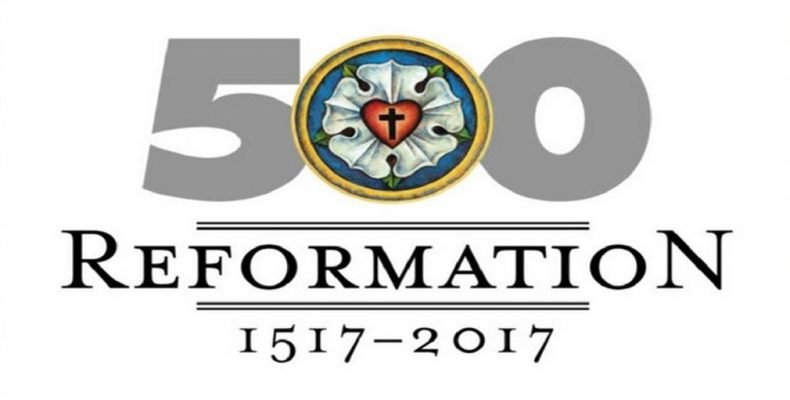Published – Griffin Daily News
On Oct. 31, 1517 — 500 years ago this month — in Wittenberg, Germany, Martin Luther posted his thoughts about some theological topics and the practices of the Church. That simple action began the Reformation — a movement that changed Western society.
Those who follow Luther’s teachings number in the millions. Most Protestant churches today trace their lineage, in some part, to the teachings of Luther. The German language exists as it does today in large part due to Luther’s translation of the New Testament.
Luther’s writings on the freedom of the Christian to serve the government, and the role of the government to establish justice and to protect citizens, have greatly influenced our view of authority. Though he was a theologian, Luther wrote and thought about all of life. He was concerned for the children in his town. He was involved in the politics of his day. He was an academic. He was a family man. He was a revolutionary. He was involved in the lives of the poor and the common man.
Yet this Reformation anniversary is not a celebration of Luther. Even the Lutheran church does not celebrate Luther. Lutheran does not mean a follower of Luther, but of his theological teachings.
Luther’s teaching, and that of the Reformation, is often summarized in three “solas.” Sola gratia, sola fide and sola scriptura — by faith alone, by grace alone and by Scripture alone.
The key to Reformation theology is found in God’s love for people. By grace alone means that God gives His love freely — you can’t earn it and it’s not for sale. By faith alone means that those who believe in Jesus as God’s Savior for all of mankind receive forgiveness and eternal life, through His death on the cross and His resurrection from the dead. By Scripture alone means that God has revealed His truth through the Holy Bible, which is God’s Word.
The three solas are all summarized in one more phrase from the Reformation, solus Christus — through Christ alone. This is really the focus of the Reformation. God’s grace, our faith, and the Scriptures are all focused on Jesus Christ, God in the flesh. The Reformation moved the focus from the Church to Jesus. The reformers taught that Jesus is our salvation, that Jesus is the way that God loves.
Martin Luther posted the 95 Theses in Wittenberg, Germany, 500 years ago. Much has changed since then. Many things we encounter daily were influenced by the Reformation. The heart of the Reformation was theology. It was a return to God as the source of mankind’s salvation. It was a focus on God’s love. 500 years later, Lutherans still teach this theology, and rejoice in God’s love.
Five hundred years later, it’s still all about Jesus.
Submitted by Rev. Joe Warnke, the newly-ordained pastor of Christ Our Savior Evangelical Lutheran Church (Missouri Synod).
